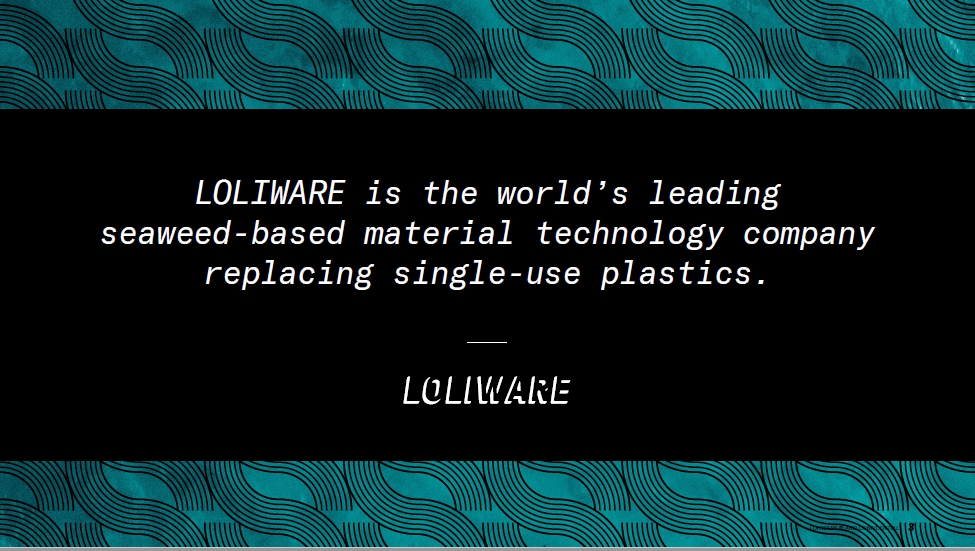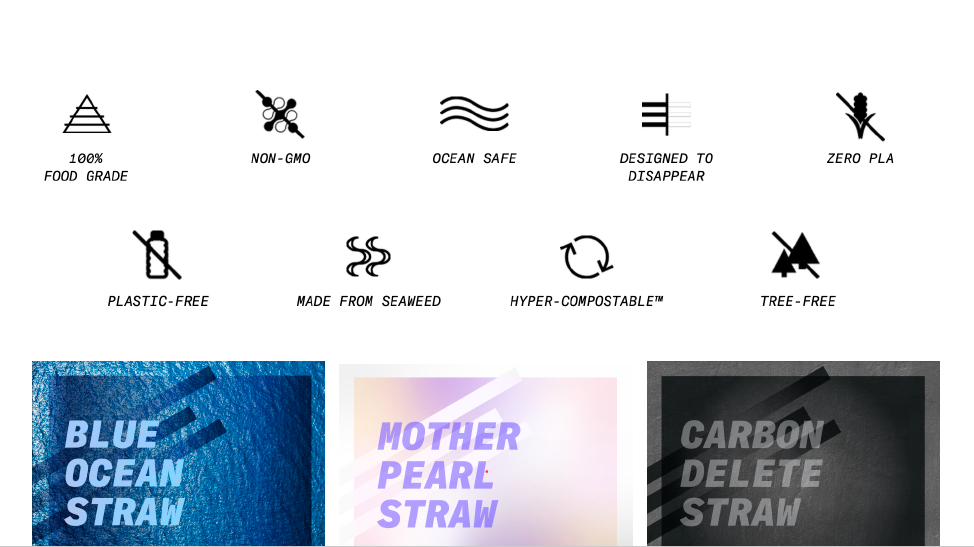How is plastic produced? Typically, plastic is produced using cellulose, natural gas, coal, and crude oil. If you read about these components, you may already be thinking what we are thinking. Plastic production is not trivial and is generally harmful for the environment.
Among the negative impacts, burning fossil fuels and the subsequent release of chemicals during plastic production impacts air quality. Plastic pollution is a huge problem for towns, cities, oceans, and humans who are close to plastic waste dumps and recycling. For many years, much of the West’s plastics were sent to China and other Southeast Asian countries. These countries, with their own environmental agendas, are becoming aware of the aftermaths of being the dumps. The toxic emission, among other harmful impacts, can’t be ignored. For these reasons, China and other countries stopped allowing imports of plastic waste.
A conundrum exits. Where can plastics go if plastic consumption is not significantly reduced? Plastic consumption is not going to decline significantly anytime soon. Plastic recycling in its current form will reach its limit because there is a ceiling to recycling capacity and lack of public education on proper recycling. So how can innovation help the planet reduce the negative environmental impacts of plastic production and use?
Emerging players are creating solutions to reduce plastic pollution upstream - meaning how plastics and alternatives are produced. Loliware is one of the emerging players in this space. The company is also one of the startups featured in Understory’s 2020 Startups Driving Sustainability Report.

Loliware uses seaweed-based materials to replace single-use plastics. Why seaweed? Seaweed is a natural material that can take the form of consumer goods while still maintaining the feeling and durability of plastic (versus paper alternatives, for example). These seaweed-based products are also food grade and meet the needs of single-use consumption.
Seaweed is also extremely sustainable. It quickly breaks down into organic material like food products in landfills and does not require special composting practices. Using seaweed for single-use items will severely reduce the amount of waste that sits in landfills as these items will naturally decompose.
Seaweed also provides climate benefits by removing carbon dioxide from the atmosphere. Blue carbon - or carbon dioxide removed from the atmosphere by ocean ecosystems - is proven to be more effective in capturing carbon than trees. In fact, blue carbon removes 5-20x more CO21 up to 40x faster than trees2. This potentially makes seaweed-based products carbon neutral or even carbon negative as well as extremely biodegradable. It’s a double win for the environment!

Loliware’s first seaweed application is an eco-friendly alternative to single-use straws. Single-use straws can take up to 200 years to decompose, yet they are ubiquitous in every corner of the world. In the U.S. alone, 500 million single-use plastic straws are used every day3. Some cities have outlawed the use. These cities include Alameda, Carmel, San Luis Obispo, Davis, Malibu, Manhattan Beach, Oakland, Richmond, and Berkeley in California, Seattle and Edmonds in Washington, Monmouth Beach in New Jersey, as well as Miami Beach and Fort Myers in Florida4. In other countries, Vancouver and Taiwan were early movers in banning plastic straws, and many parts of the U.K. will end the use of plastic straws by 2023. This represents significant upside for early movers like Loliware that can provide a plastic-free alternative.
Loliware has ambitions to expand its product portfolio over time to replace single-use cups, packaging, and utensils. In the meantime, they are cultivating a global movement of customers, partners, and vendors to lay the foundation for the sustainable blue carbon economy.
Two executives from Loliware - Sea Briganti and Karuna Rana - recently spoke at Understory’s ‘Startups Driving Sustainability’ Spotlight Showcase. To learn more about Loliware, watch the full Showcase presentation.
[1] Oceana. “Seaweed could be scrubbing way more carbon from the atmosphere than we expected”. October 6, 2017.
[2] ABC News. “Threatened blue carbon ecosystems store carbon 40 times faster than forests”. March 25, 2018.
[3] National Geographic. “A brief history of how plastic straws took over the world”. January 2, 2019.
[4] Fast Company. “Here are the U.S. cities that have banned plastic straws so far”. June 1, 2018







Join the conversation.